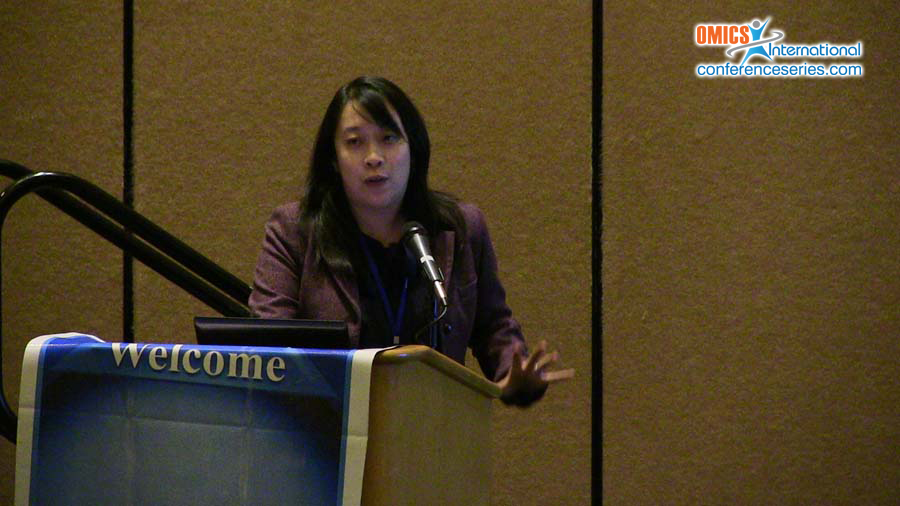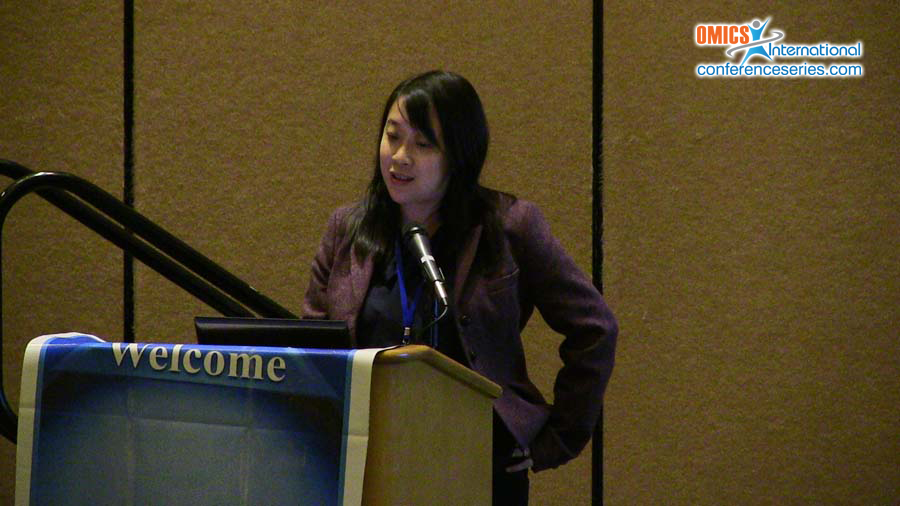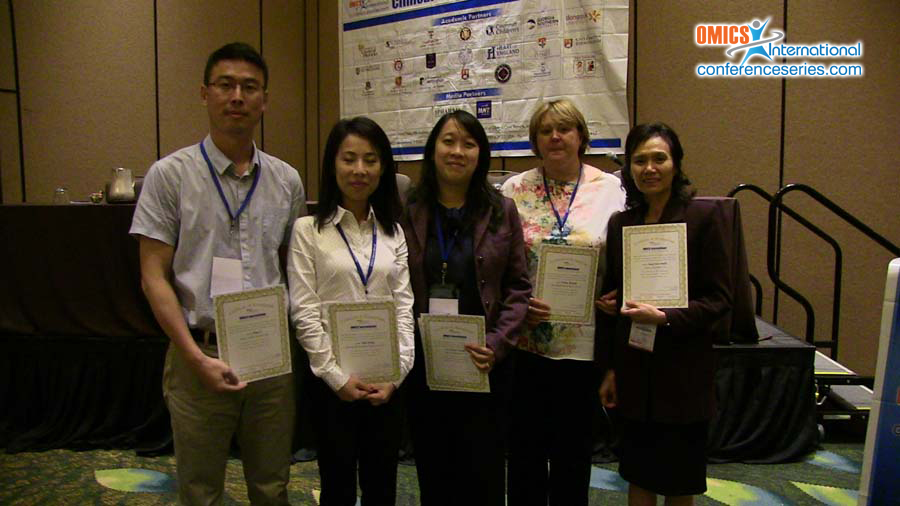
Biography
Biography: Joyce Yeung
Abstract
The decline of UK academic anaesthesia research: Over the past decade, there has been increasing concern over the decline of academic anaesthesia in UK with dwindling numbers of academic departments, trainees undertaking research and reduction in successful grant funding. A 2005 review on the state of academic anaesthesia in UK and described the ‘crisis’ that the specialty was facing. The report identified multiple factors including modern medical training in anaesthesia, restructuring of university funding and excessive procedures to obtain bureaucratic approval for research. The need for trainee in research: Trainees represent an untapped and valuable resource that can both support on-going research and develop new research ideas. Trainees are enthusiastic and keen to get involved. Trainee networks set up by UK surgical trainees and have been extremely successful in spearheading and generating nationally funded trials (e.g. West Midlands Surgical Research Collaborative: ROSSINI trial, DREAMS study). Research network organisedby trainees with experience in research will be invaluable in mentoring and assisting those with less experience or less local support. National Institute for Health Research has created research training posts as part of Integrated Academic Training Pathways to make research training more accessible to trainees in all specialties including anaesthesia. Despite this progress, there is still a recognised lack of support for anaesthetic trainees in clinical training who want to participate in high quality research projects. A previous national survey revealed a broad interest in research by trainees (60%) but very few (8%) had any research experience. It was alarming that 41% of final year trainee failed to fulfil the curriculum requirement of completed audit, research involvement or systemic review. My talk will highlight the reasons that I believe we should include trainees in all aspects of research. I will describe my experience in setting up a regional network (West Midlands Trainee Research in Anaesthesia and Intensive Care Network, WM-TRAIN), which have grown into a national movement.



